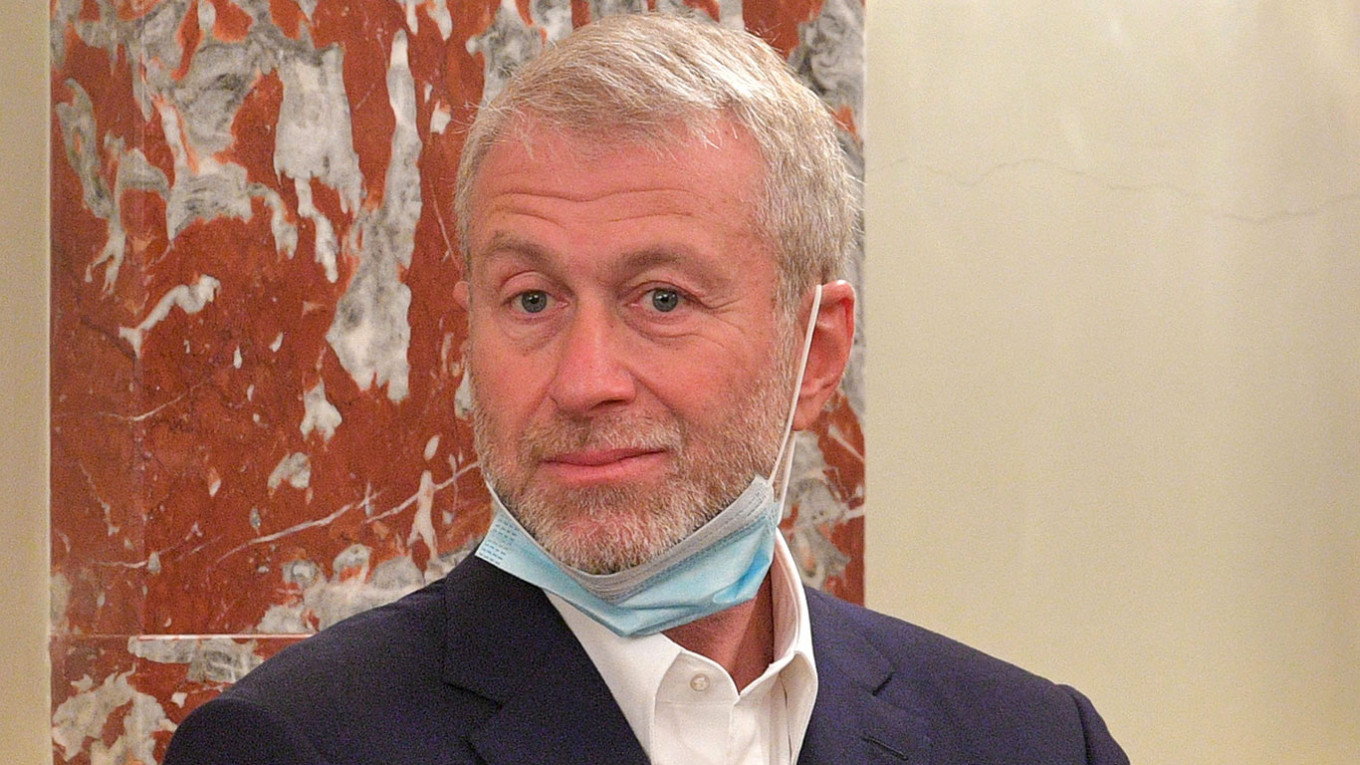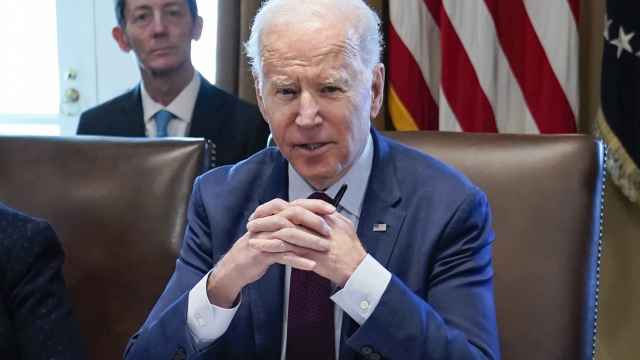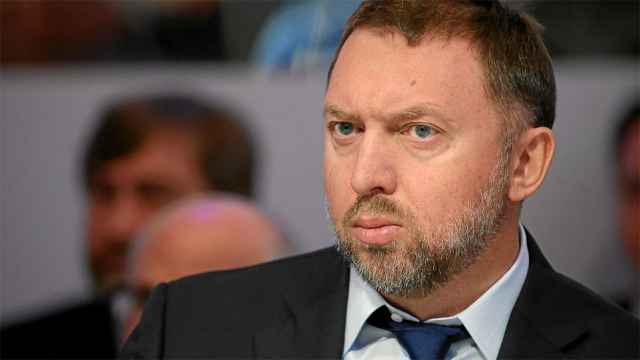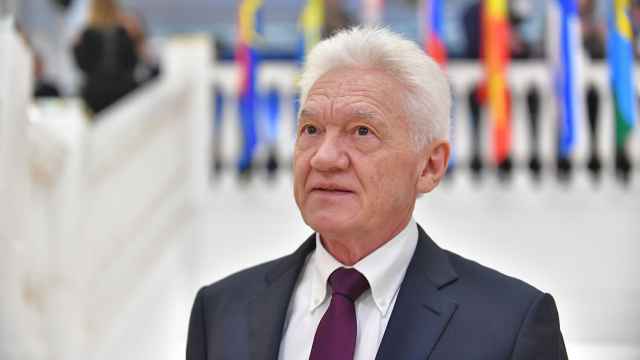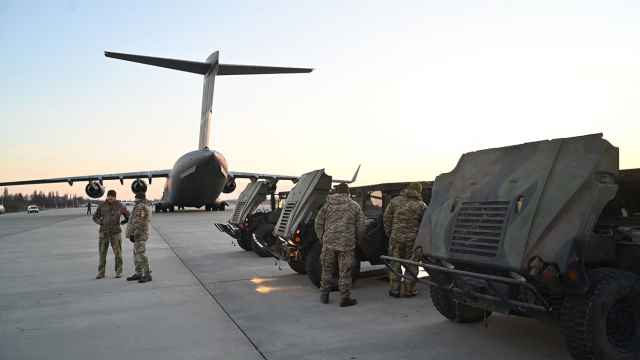Russian billionaire Roman Abramovich and Ukrainian peace negotiators experienced symptoms of a suspected poisoning after a meeting in Kyiv in early March, The Wall Street Journal reported Monday, citing unnamed sources familiar with the matter.
A spokesperson for Abramovich confirmed to the BBC that he had suffered suspected poisoning at peace talks in Ukraine's capital this month.
Abramovich has been involved in the negotiations between Russia and Ukraine aimed at ending the monthlong war, reportedly with President Vladimir Putin's direct blessing.
The revelation risks thwarting the peace process, which is already fraught with deep-seated disagreements between the sides even though Russia's offensive has lost momentum.
The symptoms experienced by Abramovich and two senior Ukrainian negotiators were blamed on Russian hardliners who want to sabotage talks to end the war, WSJ cited its sources as saying. They included red eyes, constant and painful tearing, and peeling skin on the hands and face.
A spokesman for Ukrainian President Volodymyr Zelensky told The Wall Street Journal he had no information about a suspected poisoning.
On Tuesday, the Kremlin dismissed the report, describing it as part of an "information warfare" campaign.
The Bellingcat investigative outlet said it could confirm that three members of the Ukrainian delegation that attended Russia-Ukraine peace talks on March 3 experienced symptoms consistent with chemical-weapons poisoning.
"Abramovich, along with another Russian entrepreneur, had taken part in the negotiations alongside Ukraine’s MP Rustem Umerov. The negotiation round on the afternoon of 3 March took place on Ukrainian territory, and lasted until about 10 p.m.," Bellingcat tweeted.
"Three members of the negotiating team retreated to an apartment in Kyiv later that night and felt initial symptoms — including eye and skin inflammation and piercing pain in the eyes — later that night. The symptoms did not abate until the morning. The next day the group of negotiators drove from Kyiv to Lviv on the way to Poland and then Istanbul, to continue informal negotiations with the Russian side," the outlet continued.
"A Bellingcat investigator was asked to help provide an examination by chemical weapons specialists."
Bellingcat has previously revealed links between Russia's security and military-intelligence services to the 2018 nerve-agent poisoning of former double agent Sergei Skripal and his daughter in Britain as well as that of Kremlin critic Alexei Navalny in 2020.
It wasn't possible to perform a timely sample collection from Abramovich and the negotiatiors while they were in Lviv, as they were hurrying to Istanbul, Bellingcat journalist Christo Grozev told The Wall Street Journal.
As a result, too much time had passed for the suspected poison to be detected by the time German forensics specialists were able to examine the individuals, Grozev, who saw photos of the symptoms, said.
Abramovich and the negotiators have since recovered and their lives aren't in danger, The Wall Street Journal reported.
"It was not intended to kill, it was just a warning," Grozev said.
A Message from The Moscow Times:
Dear readers,
We are facing unprecedented challenges. Russia's Prosecutor General's Office has designated The Moscow Times as an "undesirable" organization, criminalizing our work and putting our staff at risk of prosecution. This follows our earlier unjust labeling as a "foreign agent."
These actions are direct attempts to silence independent journalism in Russia. The authorities claim our work "discredits the decisions of the Russian leadership." We see things differently: we strive to provide accurate, unbiased reporting on Russia.
We, the journalists of The Moscow Times, refuse to be silenced. But to continue our work, we need your help.
Your support, no matter how small, makes a world of difference. If you can, please support us monthly starting from just $2. It's quick to set up, and every contribution makes a significant impact.
By supporting The Moscow Times, you're defending open, independent journalism in the face of repression. Thank you for standing with us.
Remind me later.


